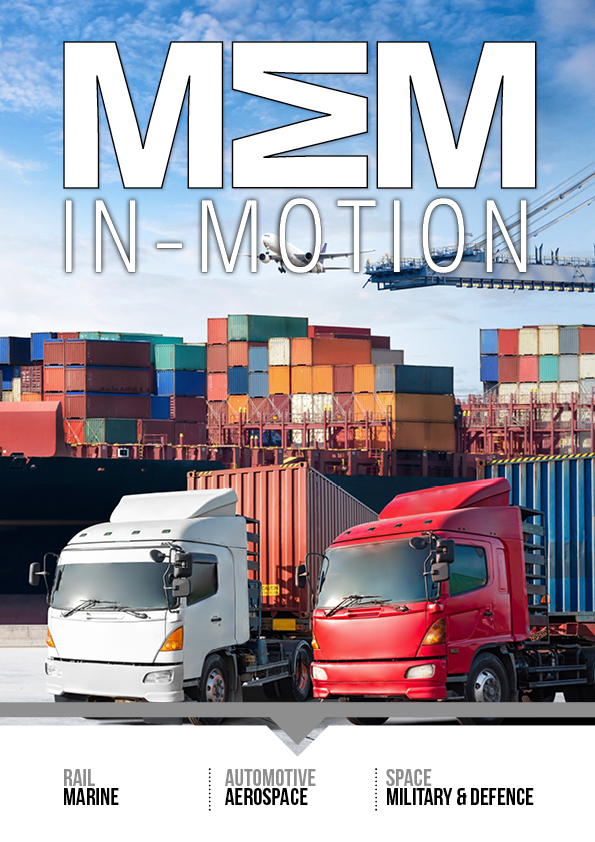The Aluminium Federation (ALFED) today publishes its Defence Report, Sovereign Aluminium for UK Defence: Capability, Resilience and Readiness, setting out a practical, near-term plan to translate growing recognition of aluminium’s strategic importance into onshore capability for UK defence programmes across air, sea, land and C4ISR. The report follows DSEI 2025 and precedes the updated UK Critical Minerals Strategy, which is expected to recognise aluminium as both a Growth and a Critical mineral, creating a rare moment of policy and market alignment for UK industry.
The report makes the case that aluminium’s lightweight strength, corrosion resistance, formability and recyclability already underpin a broad range of platforms, from airframes and naval superstructures to deployable infrastructure and power electronics, but that the UK must now move decisively to secure domestic pathways for sourcing, processing and high grade recycling with predictable quality and timelines. It calls for bankable energy at site level to unlock plant upgrades, a Defence Aluminium Capability Audit to map and close priority gaps in extrusions, castings, heat-treat and coatings, investment in re-melting, sorting and de-coating supported by simple data standards, and procurement signals that recognise resilience and, where appropriate, low-carbon and recycled content.
“Recognition is the start line; building real, onshore capability is the finish line,” said Nadine Bloxsome, CEO of ALFED. “Defence programmes are asking for modularity, pace and resilience. Aluminium already enables these outcomes, but delivery now depends on predictable energy costs, targeted capability upgrades and circular feedstocks that keep more high-grade material onshore.”
The report highlights both risk and opportunity. Independent analysis classifies aluminium as “very high risk (HH)” for defence – used across air, sea and land platforms and exposed to a high likelihood of supply disruption, while UK producers continue to face electricity prices significantly above European competitors, limiting investment and throughput. At the same time, more than 600,000 tonnes of aluminium scrap were exported in 2024, likely including strategic grades – evidence that with the right incentives and infrastructure, the UK could retain more value onshore.
Rachel Wiffen, ALFED’s Industry and Skills Development Manager, added: “Capability is people as much as plant. Alongside upgrades in processing, equipment and efficiency, clear and structured skills pathways are essential to ensure technicians and engineers are equipped to meet new challenges and evolving demands. ALFED’s Aluminium Allies network, recognises that the future of aluminium is not just about technology or investment – it’s about people. The network is committed to supporting talent from the outset, ensuring individuals entering the aluminium and defence industries are equipped with the skills, confidence, and direction needed to build sustainable careers.”
ALFED will work with government departments (MOD, DE&S, DBT, DESNZ, HMT), primes, Tier-1s and SMEs, using the UK Aluminium Alliance as the platform to align workstreams and track progress. Programme teams and suppliers are invited to participate in the capability audit, circular feedstock pilots and qualification pathways so that defence requirements translate quickly into investable projects and onshore capacity. To download the report, please click here to read it on the ALFED website.
Manufacturing & Engineering Magazine | The Home of Manufacturing Industry News









